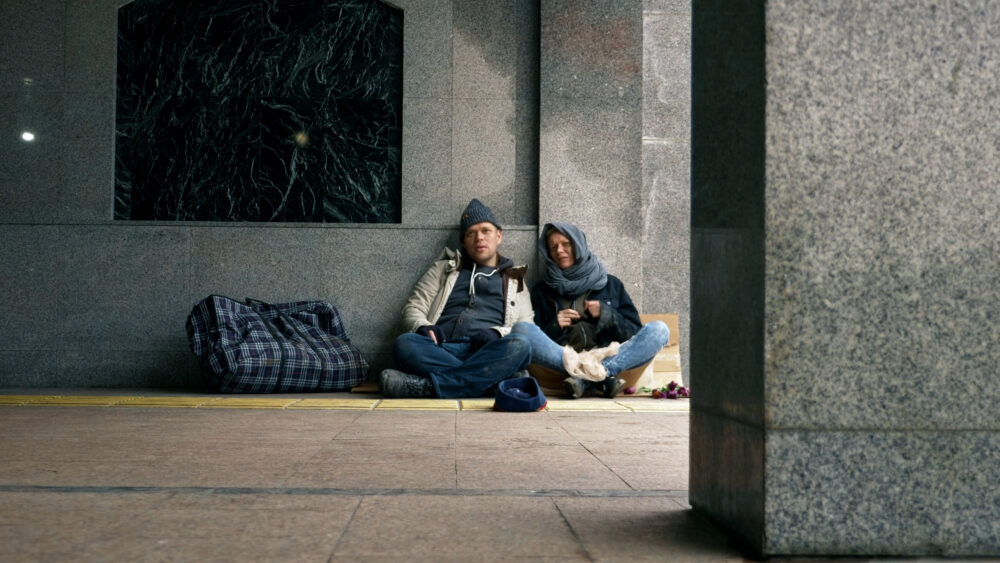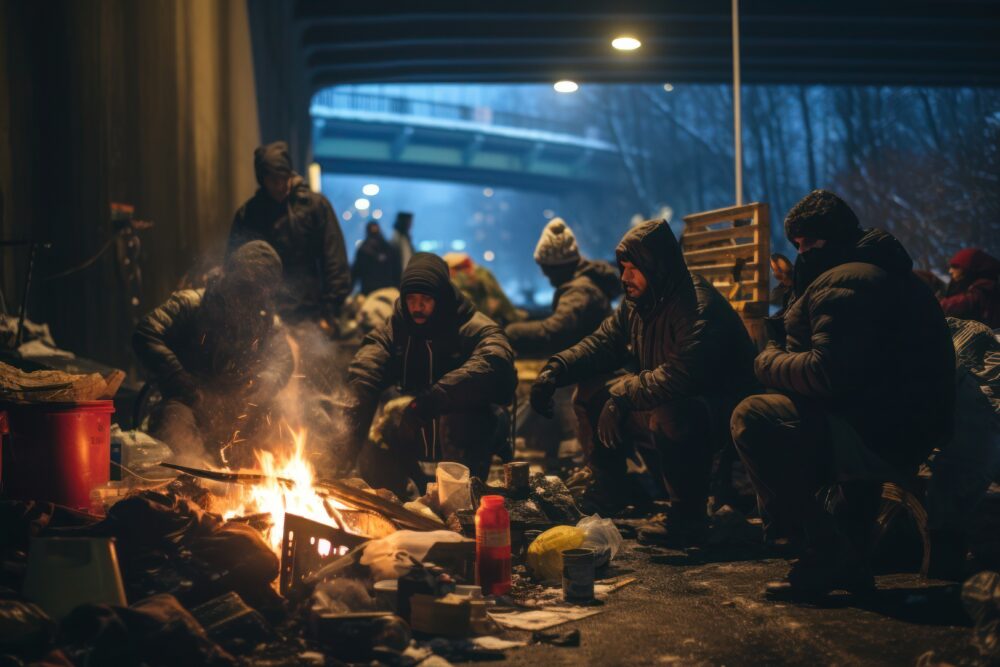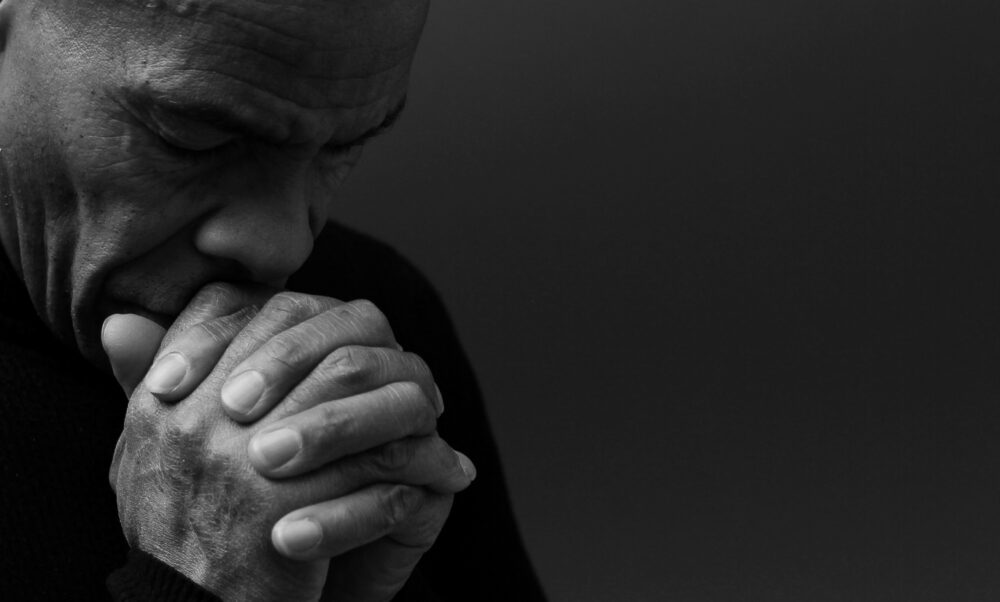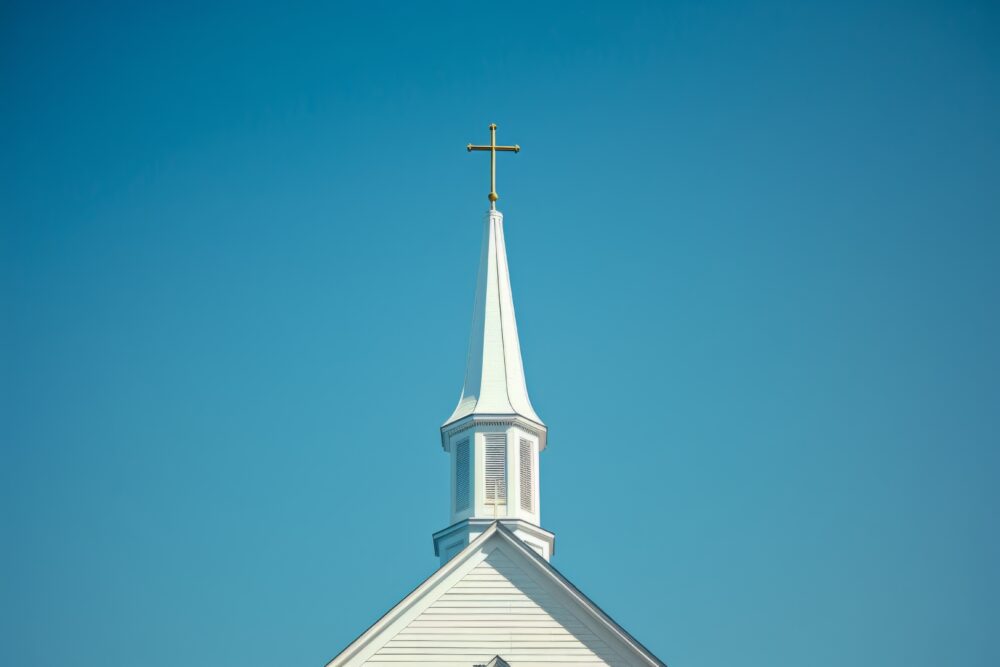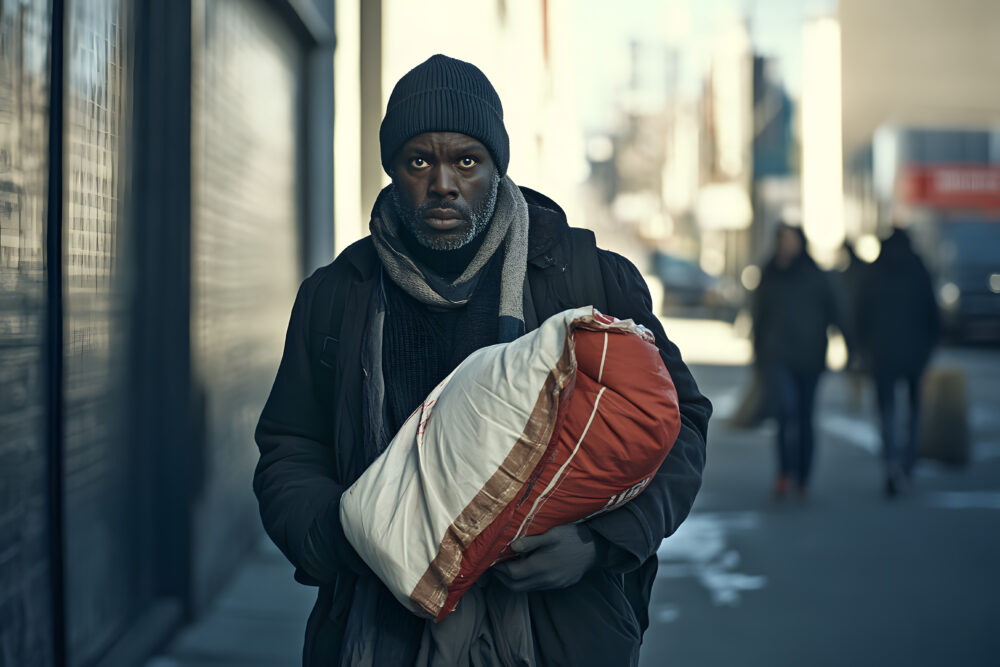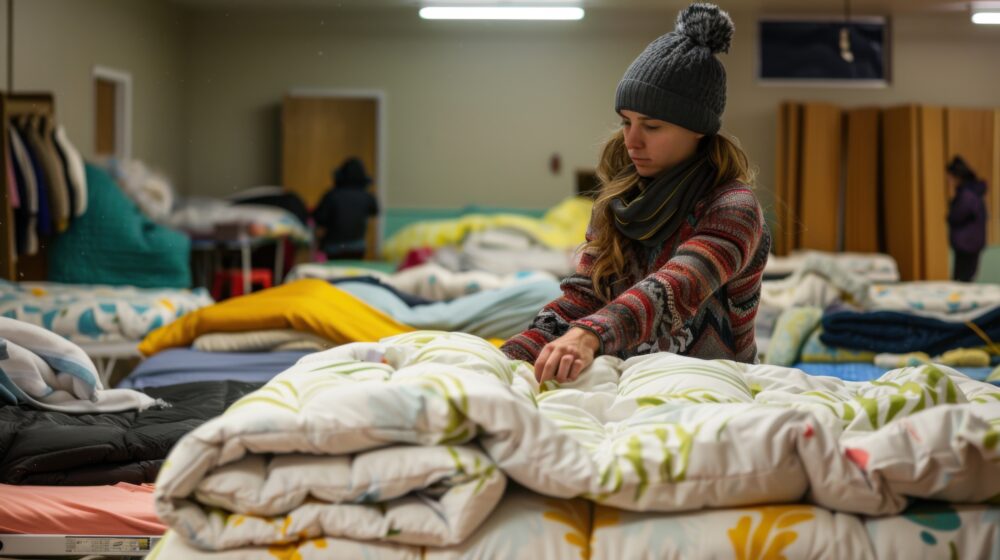
Springs Rescue Mission: More Than Food and a Bed
The city of Colorado Springs does not want people sleeping on the streets and stealing or begging for food. The last IRS report 990 that Springs Rescue Mission (SRM) filed (April 2024) shows $5.6 million in food and shelter costs, with $2.2 million coming from governments and $3.4 million from private sources. Their overall income is a healthy $13.5 million. SRM does not owe its life to government, and it does not give beds and meals only to those who sit through a service or listen to a sermon. Part of the argument for city government supplementing the SRM budget comes down to dollars and cents. Colorado Springs spends about $57,000 annually per chronically homeless adult. SRM sees about 220 Read More ›
